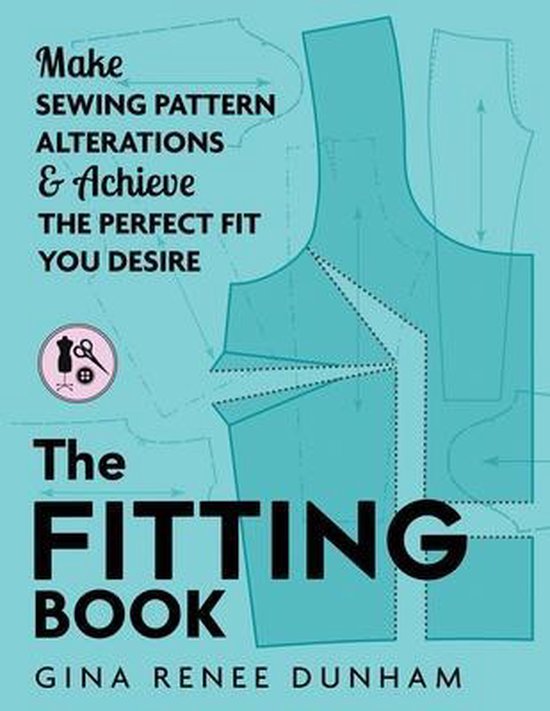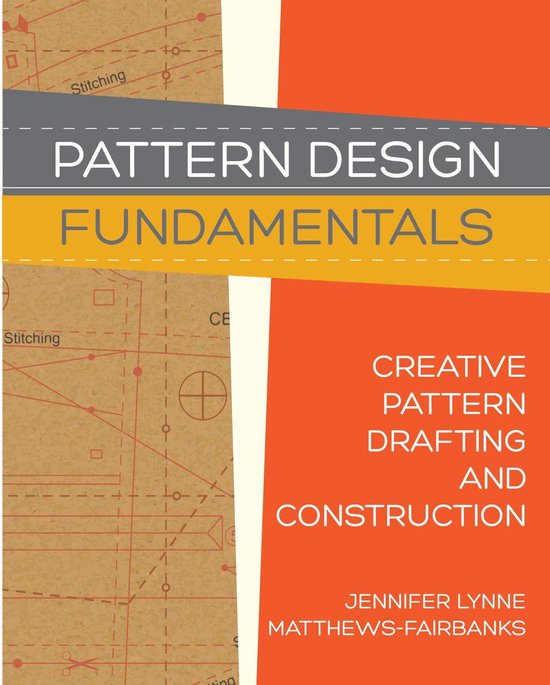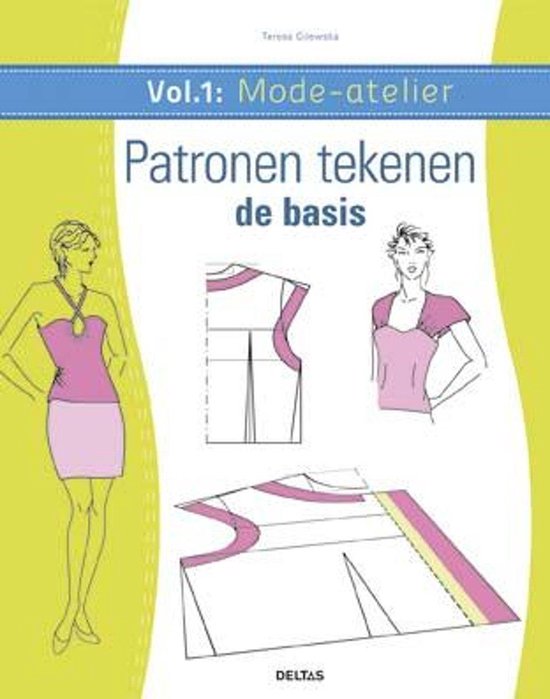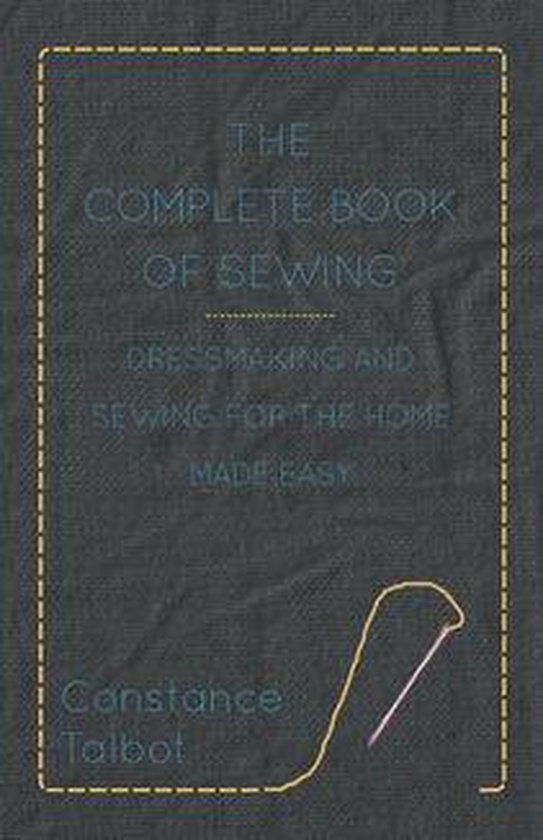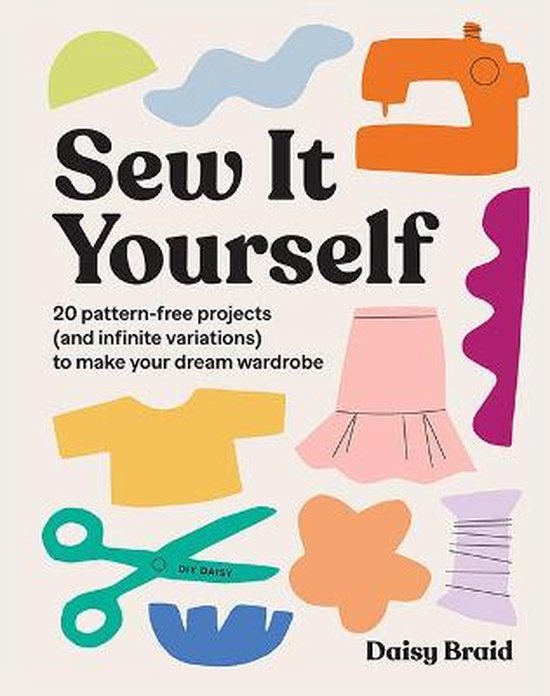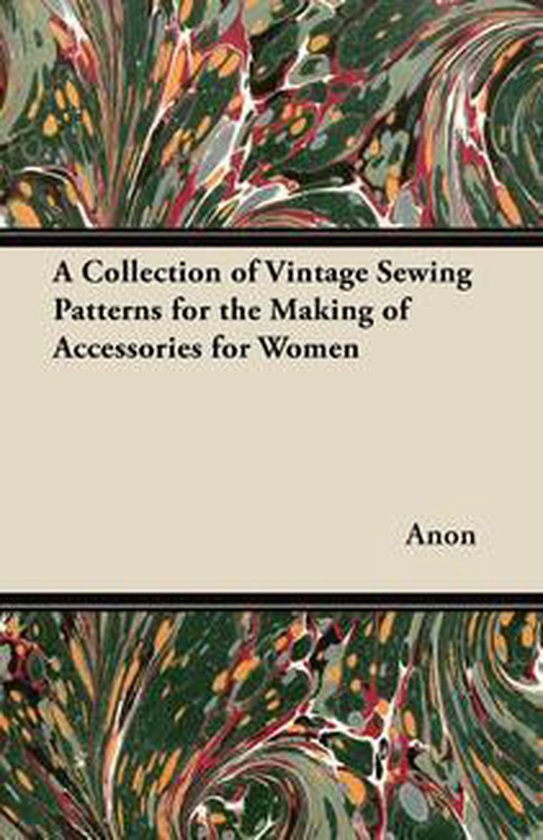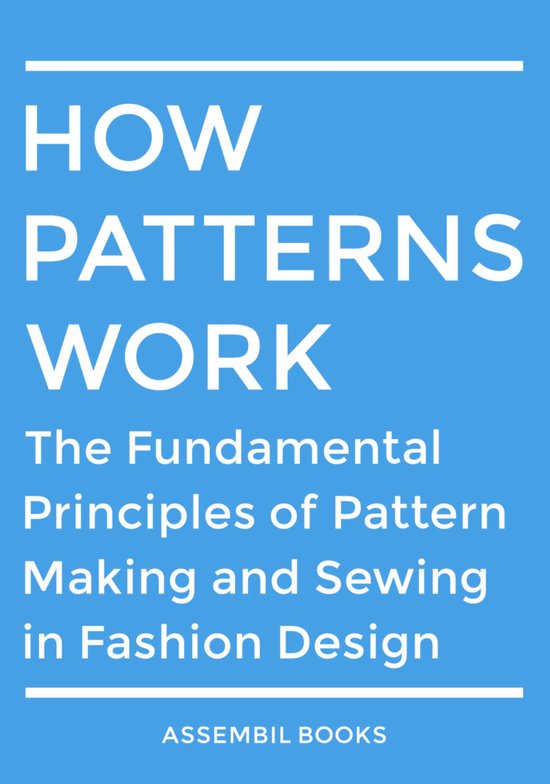
How Patterns Work: The Fundamental Principles of Pattern Making and Sewing in Fashion Design
When you are trying to learn something new, the best teachers are often the ones who will walk you slowly through all of the basics in a way that is straightforward and easy to understand. It is this approach to learning that has led us to create "How Patterns Work", so that those who wish to learn pattern making can have a simplified and streamlined introduction to all of the fundamental principles that lie at the core of pattern making.
If you have tried to learn pattern making in the past and felt daunted by the complex drawings and measurements, or are a sewer who has felt ill equipped to make even the simplest changes to patterns, then this is the ideal book for you. We believe that by having a solid understanding of the basic terms and processes of pattern making then you will be able to make simple pattern changes yourself, and be able to apply the same ideas to more complex pattern changes in the future. No previous knowledge of pattern making is required. Chapters start from zero assumed knowledge and build slowly in complexity with step-by-step examples and clear diagrams.
Please note that this book does not include paper patterns and does not cover specific pattern or block drafting exercises from measurements. Instead, this book will provide you with an overview to simplify the way you think about pattern making, arming you with knowledge that can be applied to any pattern change.
As an introductory book, "How Patterns Work" has been designed to work as a companion alongside more complex pattern drafting books. In a way, the first half of the book is almost like a long form dictionary of pattern terms to help provide a thorough explanation of all the different features of patterns such as grain lines, seam allowances, darts and notches. All of the examples are discussed in relation to how the pattern will ultimately be sewn, so that the principles become more relevant to real sewn garments.
The first section of the book will answer questions such as:
- What are darts and how do they work with the curves of the body?
- What is seam allowance and how much should you add to your pattern?
- How are body measurements used to create accurate patterns?
- What are blocks or slopers and how are they different to patterns?
- What do the basic blocks look like?
The second half of the book shows a range of pattern making changes that can be learnt separately and can then be applied in different combinations to any garment patterns to suit your own pattern making needs. The reason why these pattern changes have been shown away from specific garments is to enable you to focus on the logic behind the pattern change, instead of becoming confused by the actual shape of the garment, or being distracted by working out body measurements.
All of the examples listed below are shown using both the cut and spread, and the pivot flat pattern making methods, and then also shown as a draped section of fabric on a mannequin, allowing you to really see the pattern changes as both a flat pattern, and in a more tangible 3D form. The examples that are covered in this section include:
- Adding and removing a seam line.
- Moving the position of a dart.
- Turning darts into seam lines and vice versa.
- Increasing and decreasing volume evenly.
- Increasing and decreasing volume around a point.
- Using darts to increase volume.
While the book can often appear very simple, our approach has been that when you are really stuck and feel like you are not quite "getting it", then a longer explanation with detailed diagrams can help the idea to really click, making it easier to apply the same pattern change in future.
"How Patterns Work" has also been specifically developed for the ebook format with over 70,000 words of flowable text and over 250 diagrams in crisp, black, white and grey.
| Auteur | | Assembil |
| Taal | | Engels |
| Type | | E-book |
| Categorie | | Kunst & Fotografie |
